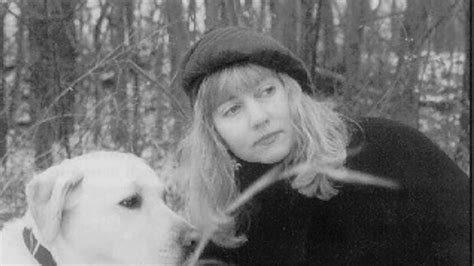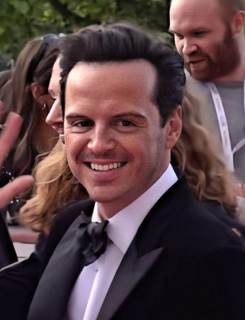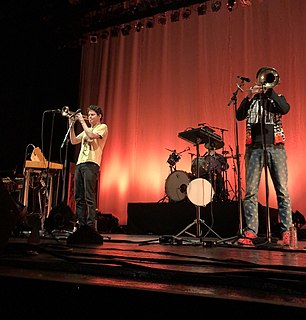A Quote by Brian Harris
Poets write the words you have heard before but in a new sequence.
Related Quotes
Other people’s words are so important. And then without warning they stop being important, along with all those words of yours that their words prompted you to write. Much of the excitement of a new novel lies in the repudiation of the one written before. Other people’s words are the bridge you use to cross from where you were to wherever you’re going.
I have heard what poets write about women. They rhyme and rhapsodize and lie. I have watched sailors on the shore stare mutely at the slow-rolling swell of the sea. I have watched old soldiers with hearts like leather grow teary-eyed at their king's colors stretched against the wind. Listen to me: these men know nothing of love. You will not find it in the words of poets or the longing eyes of sailors. If you want to know of love, look to a trouper's hands as he makes his music. A trouper knows.
A lot of people think they can write poetry, and many do, because they can figure out how to line up the words or make certain sounds rhyme or just imitate the other poets they've read. But this boy, he's the real poet, because when he tries to put on paper what he's seen with his heart, he will believe deep down that there are no good words for it, no words can do it, and at that moment he will have begun to write poetry.































